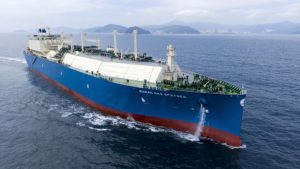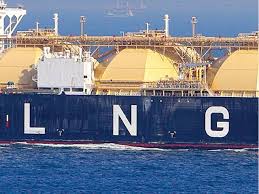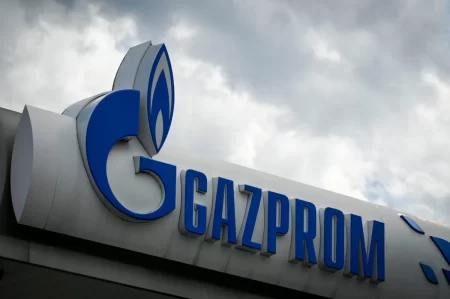
London — Asian spot liquefied natural gas (LNG) prices fell this week but remained at a near nine-month high as geopolitical risks raised market concerns despite full inventories and a mild start to winter.
The average LNG price for December delivery into north-east Asia LNG-AS fell 4.2% to $17 per million British thermal units (mmBtu), its highest level since mid-February, industry sources estimated.
“As fears of war in the Middle East causing supply disruption slowly begins to wane, attention once again is drawn to the approaching tank top storage levels,” said Dominic Gallagher, head of LNG broking at Tullett Prebon.
“We are still stuck somewhere between political risk and solid stocking levels now seen across Europe and into Asia,” he said.
Toby Copson, head of energy, APAC, at commodities broker Marex said that rates in the East continue to slide on downside pressure from full inventories and lack of general demand.
“Adding to slippage rate, North Asia is experiencing a very warm winter onset. We might maintain this trajectory until heating demand is sufficient enough to bring the utilities in, which likely won’t be until the first quarter(of 2024),” Copson said.
In Europe, market fundamentals remain fairly comfortable, with storage nearly full and cargoes building up offshore, but prices are holding onto a risk premium due to the conflict in the Middle East and as a long, cold winter could still strain global supplies, said Alex Froley, LNG analyst at data intelligence firm ICIS.
“If the weather is mild and geopolitical tensions don’t worsen, gas prices should drift lower over coming weeks and months. However, there’s still the potential for significant risks to the upside,” Froley said.
Samuel Good, head of LNG pricing at commodity pricing agency Argus said a mild start to winter, coupled with continued flows of LNG to European import terminals, has left the region almost entirely using imports and domestic production to meet consumption needs, with most underground gas storage sites tipping closer to full or having already reaching their working capacities.
With above-average temperatures expected to continue in northwest Europe until at least mid-December, Good said November and December prices have held at discounts to corresponding summer 2024 prices, with only the January-March contracts at a premium, suggesting little incentive to withdraw gas in the rest of the fourth quarter to reinject the supply next summer.
Argus assessed its daily northwest Europe LNG price for cargoes delivered in December on an ex-ship (DES) basis at $14.43/mmBtu on Nov. 2, a $0.86/mmBtu discount to the December gas price at the Dutch TTF hub.
Spark Commodities assessment was at 14.303/mmBtu, a $0.81/mmBtu discount to the Nov. 2 TTF price.
Spot LNG freight rates rose this week with the Atlantic rates rising to $165,000/day on Friday while the Pacific rate rose to 150,250/day, according to Qasim Afghan, an analyst at Spark Commodities.
Argus’ Good said the rise was mainly due to an uptick in vessel requirements contrasted with a shortening list of open carriers.
Reporting by Marwa Rashad; Editing by David Evans – Reuters



